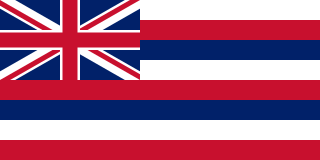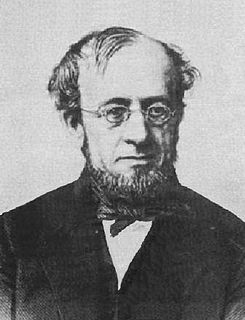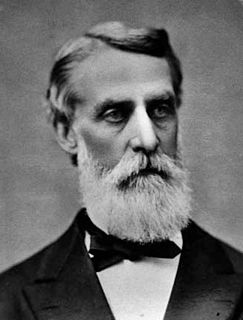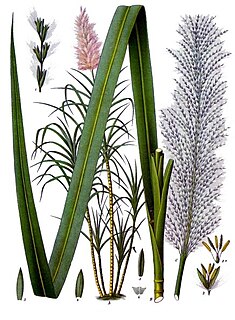
Prince Albert Kamehameha, formally Albert Edward Kauikeaouli Kaleiopapa a Kamehameha, was the only son of Kamehameha IV and Queen Emma, who during his short life was the Crown Prince of the Kingdom of Hawaiʻi. He was the godson of Queen Victoria.

The 1887 Constitution of the Kingdom of Hawaii was a legal document prepared by anti-monarchists to strip the Hawaiian monarchy of much of its authority, initiating a transfer of power to American, European and native Hawaiian elites. It became known as the Bayonet Constitution for the use of intimidation by the armed militia which forced King Kalākaua to sign it or be deposed.

Henry Augustus Peirce was an American businessman and diplomat. Some sources spell his last name as Pierce.
James Kaliokalani, also referred to as Kali; was a Hawaiian high chief of the Kingdom of Hawaii. At a young age, he was chosen to attend the Chiefs' Children's School. He was taught by the American missionary Amos Starr Cooke and his wife, Juliette Montague Cooke, alongside his siblings and thirteen of their royal cousins, who were declared eligible to succeed to the Hawaiian throne. He died in 1852, shortly after leaving the school and working as a court interpreter.

Charles Burnett “C.B.” Wilson was a British and Tahitian superintendent of the water works, fire chief under King Kalākaua, and Marshal of the Kingdom under Queen Liliʻuokalani. and father of John H. Wilson.

Robert Crichton Wyllie was a Scottish physician and businessman. He also served two decades as Minister of Foreign Affairs in the Kingdom of Hawaii.

John Mott-Smith was the first dentist to set up a permanent practice in the Kingdom of Hawaii. He was also a politician, newspaper editor, and diplomat.
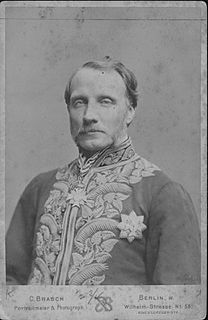
Henry Alpheus Peirce Carter, also known as Henry Augustus Peirce Carter, was an American businessman, politician, and diplomat in the Kingdom of Hawaii.
Edward Preston (1831–1890) was a lawyer and judge originally from England who served in the Kingdom of Hawaii.
Richard Henry Stanley (1825–1875) was an American lawyer who served as politician and cabinet member of the Kingdom of Hawaii.

Samuel Gardner Wilder was an American shipping magnate and politician who developed a major transportation company in the Kingdom of Hawaii.
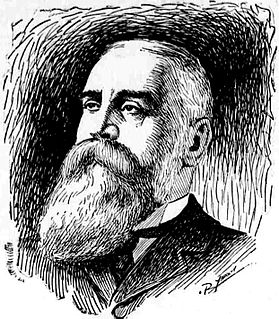
Paul Isenberg was a German businessman who developed the sugarcane business in the Kingdom of Hawaii.
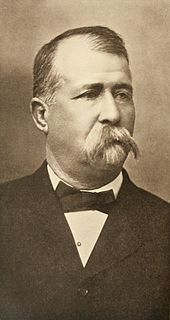
Albert Spencer Wilcox was a businessman and politician in the Kingdom of Hawaii and Republic of Hawaii. He developed several sugar plantations in Hawaii, and became a large landholder.
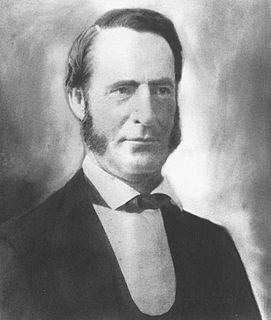
Charles Coffin Harris (1822–1881) was a New England lawyer who became a politician and judge in the Kingdom of Hawaii who firmly supported the monarchy as an independent nation. After serving in a number of cabinet posts, he became chief justice of the supreme court.

Colonel Charles Hastings Judd was an American businessman, rancher, courtier and politician of the Kingdom of Hawaii. He served as Chamberlain and Colonel of the military staff of King Kalākaua and traveled with the monarch on his 1881 world tour.

George Walter Hunter Macfarlane was a British businessman, courtier and politician of the Kingdom of Hawaii. He served Colonel of the military staff of King Kalākaua, traveling with the monarch on his 1881 world tour. He also served as his final chamberlain of king and was at his deathbed in 1891.
Francis Funk or Franz Funk was a lawyer, politician, sheriff and military officer of the Kingdom of Hawaii. He held the rank of Major and served as the Akukana Kenela or Adjutant General of the Hawaiian Army during the reign of King Kamehameha III.
Samuel Clesson Allen, known professionally as S. C. Allen, was a wealthy businessman in the Kingdom of Hawaii and the Territory of Hawaii. He was the namesake and nephew of Massachusetts politician Samuel Clesson Allen and a cousin to Hawaiian diplomat Elisha Hunt Allen. The bark S. C. Allen, and Port Allen on Kauai were named in his honor.

